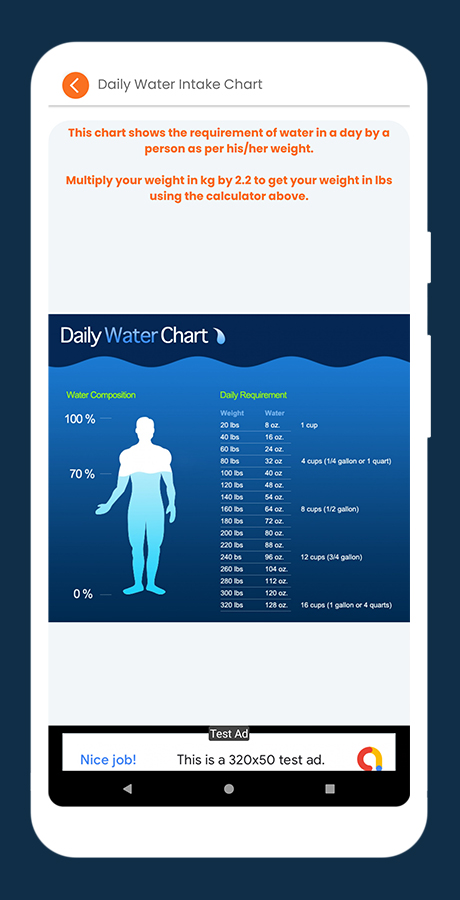
Proteins are involved in several physiological roles, including the catalyzation of biochemical reactions, muscle growth, and energy production.īy far, the most important role of proteins is their enzymatic action. In fact, these molecules are an essential part of our composition, making up every cell.

Lipids (fats)Ĭontrary to popular belief, not all fats are bad to the body. The main Macronutrients CarbohydratesĬarbohydrates, or sugars, are the major source of energy to the body these molecules will get broken down into simpler forms of sugar such as fructose and glucose to be used in different metabolic pathways.
Carbohydrates (sugars) – 1 gram has 4 caloriesĪs you can see, fat contains the most calories per gram compared to other macronutrients however, several low-carb, high-fat diets (ketogenic diet) were shown to be extremely beneficial for weight loss.Īdditionally, artificial sweeteners, refined sugar, and hydrogenated fats are more difficult to metabolize for the body, which may lead to further weight gain.Īlso check our Fasting Calculator. The number of calories you consume per day can be measured by calculating your macronutrient ratio and the amounts of food you eat.Įach macronutrient contains a specific number of calories: How many calories are you consuming per day? BMI is also used to estimate your ideal weight.Īccording to the World Health Organization (WHO), here are the definitions of each range in the BMI score: Body mass index – this is an international score based on your height and weight that’s often used by doctors. Macronutrients – these are the main foods you consume (e.g., carbs, fat, protein), which eventually determine your daily caloric intake. Calories per week – this is the number of calories you need to consume in one week to achieve your fitness goals. This parameter takes into consideration your height and weight, which becomes less accurate if you gain substantial muscle mass. Ideal weight – as it implies, ideal weight is the recommended weight you should aim to reach. Maintenance calories – this number reflects how many calories you need to consume a day in order to maintain your bodyweight. Once you enter the information required in our calculator, you will instantly get the approximate results of your TDEE.įortunately, our platform is very intuitive and takes into consideration user-experience, so we provided all the information needed under each result. Health calculator tdee how to#
Women: 10 x weight (kg) + 6.25 x height (cm) – 5 x age (y) – 161įortunately, you don’t have to worry about all the numbers and conversions involved, as all you need to do is fill in a few blanks in our TDEE calculator to get the results.Ĭheck how to use this TDEE Calculator video at How to interpret your TDEE results. Men: 10 x weight (kg) + 6.25 x height (cm) – 5 x age (y) + 5. Here are the formulas used (based on gender): Out of the variables cited above, the Mifflin-St Jeon formula takes into account:īy far, these are the most important factors that influence TDEE, which is why many nutritionists prefer this equation. 
In one study, this equation was compared with other formulas based on the Harris-Benedict, Owen, world health organization (WHO), and more.Įxperts found that the Mifflin-St Jeor equation has an error margin of around 10% of the resting metabolic rate (RMR), which is significantly accurate. There are several formulas used to calculate TDEE, but we base our data on the Mifflin-St Jeor equation, which is known to be the most accurate. Therefore, calculating this number by yourself is quite complicated, which is why we developed our TDEE calculator to remove one obstacle from your way. Keep in mind that TEDD is subject to several factors, including age, gender, body type, diet, degree of physical activity, and genetics. The Definition of TDEE CalculatorĪ TDEE calculator is a tool to help you estimate the number of calories you burn per day, which is an essential number to develop a nutritional/fitness plan. Our TDEE calculator will make your life much easier by providing you with a starting baseline.Ĭombining the results of your total daily energy expenditure with other parameters, such as body mass index (BMI), caloric requirements, and macronutrient ratio will comprise the foundation of your fitness journey. However, make sure that you’re keeping track of your macros intake and degree of physical activity for accurate results. One of the most important principles to keep in mind is your total daily energy expenditure (TDEE), which is a parameter that will significantly help you in creating a solid plan to achieve your goals.įortunately, we provide the most efficient TDEE calculator to facilitate the process for you. Note: There are 4 calories per gram of both protein and carbohydrates, and 9 calories per gram of fats.






 0 kommentar(er)
0 kommentar(er)
